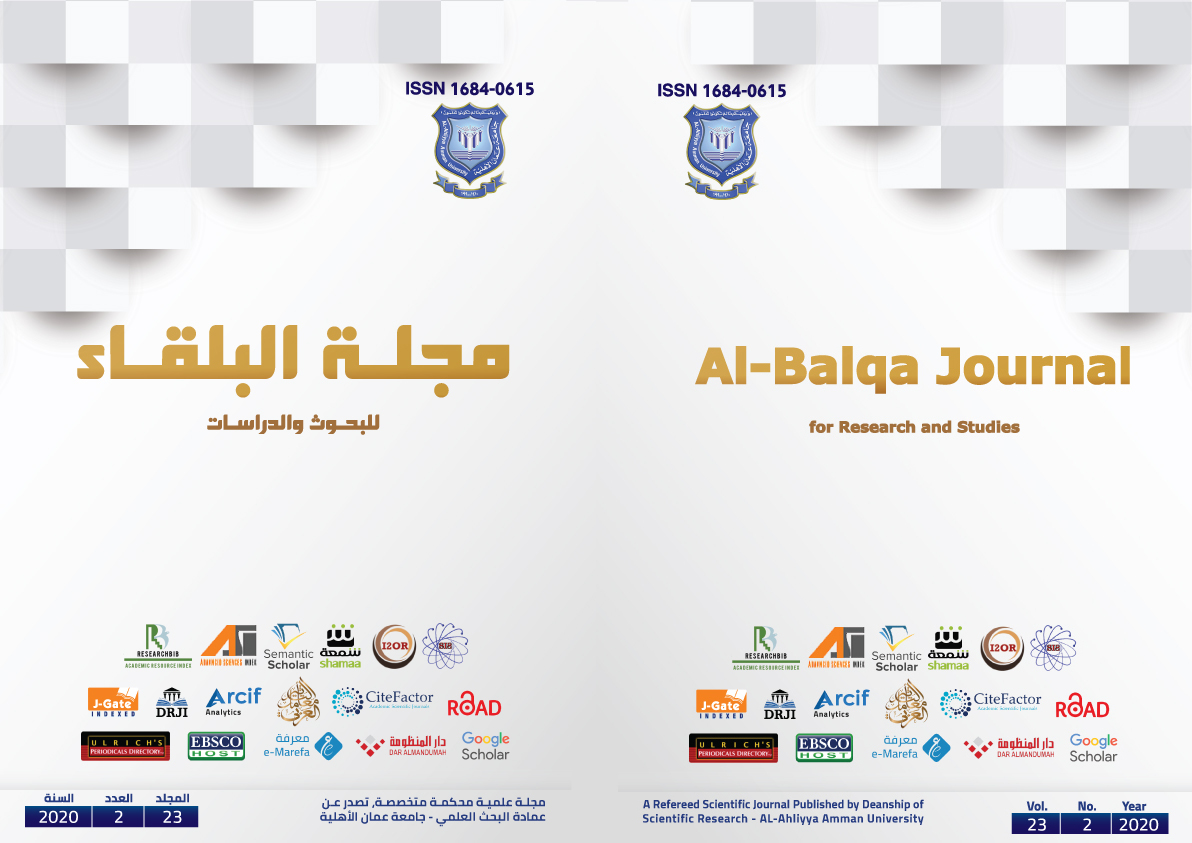Al-Balqa Journal for Research and Studies البلقاء للبحوث والدراسات

Abstract
The international community has been exerting much effort to set an effective mechanism for prosecuting and punishing the offenders who violate the international human rights law and other international laws. Eventually, after the United Nation exerted much effort, the Statute of the International Criminal Court was adopted in 1998. The latter statute came into force in 2002. Since 2002, the offenders who commit genocides, crimes against humanity, and war crimes have been held criminally liable for their crime. Due to such statute, they are not exempted from punishment any more. In other words, there is not any immunity nor any kind of protection that may prevent the enforcement of punishment on those offenders. Establishing the Permanent International Criminal Court is a high significant step throughout human history to ensure that those offenders are prosecuted and punished. The significance of the present study arises from seeking to identify the reasons for excluding the criminal responsibility of offenders who committed international offenses requirements in accordance with the Statute of the Permanent International Criminal Court. This study also aimed at identifying the legal requirements that must be fulfilled to be implemented to set the legal effects and comparing them with those stated in the national criminal law.
Recommended Citation
O. Abu Rukba, Rami and M. Al Snniekat, Murad
(2019)
"The Grounds for Excluding the Criminal Responsibility of the Offenders Committing an International Offense,"
Al-Balqa Journal for Research and Studies البلقاء للبحوث والدراسات: Vol. 22:
Iss.
1, Article 2.
Available at:
https://digitalcommons.aaru.edu.jo/albalqa/vol22/iss1/2

